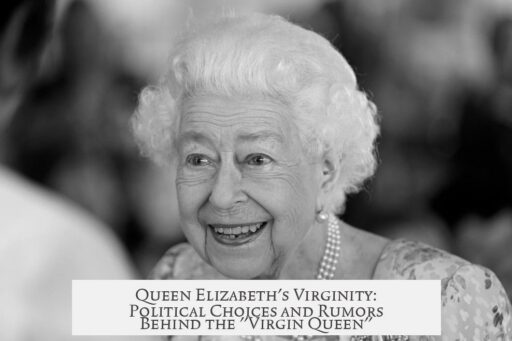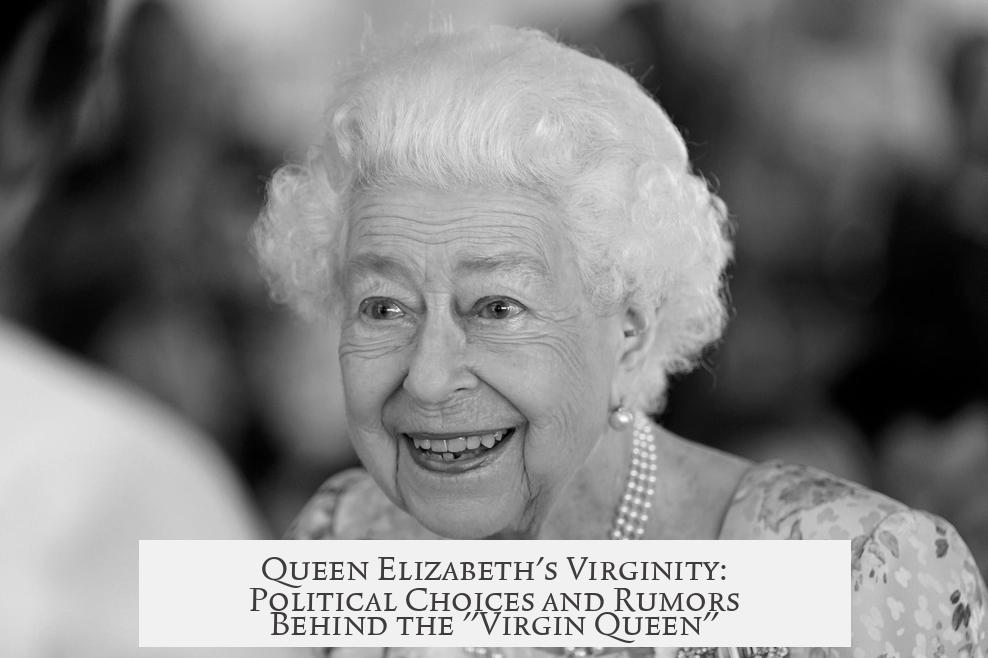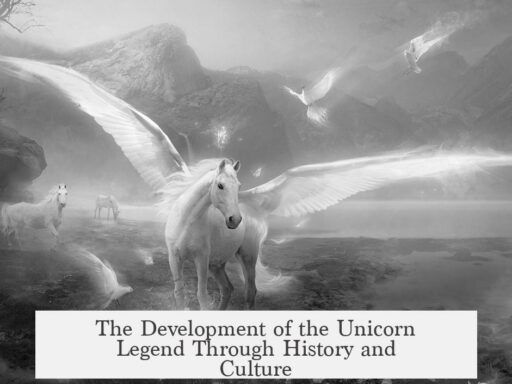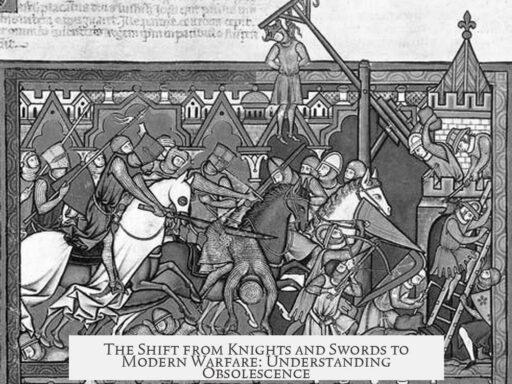Queen Elizabeth I maintained a carefully crafted image as the “Virgin Queen,” though historical evidence on her actual virginity remains inconclusive. The persona served as a strategic political tool rather than an explicit personal confession. Elizabeth presented herself as married to England itself, which avoided political complications from foreign alliances or internal power struggles.
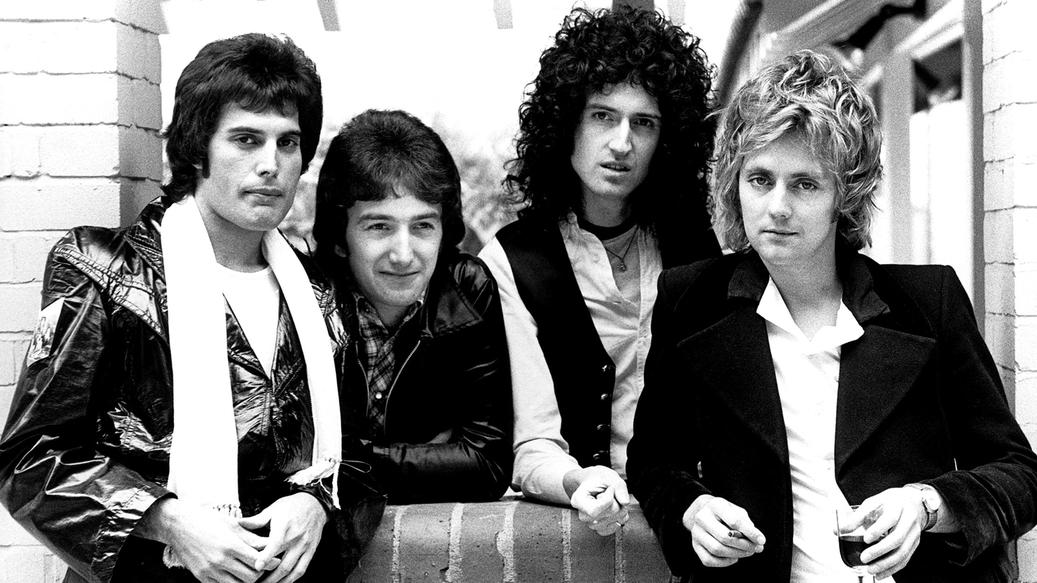
This image protected England’s sovereignty by steering clear of marriage ties that could compromise her authority. Unlike her contemporaries, who secured influence through royal marriages, Elizabeth’s choice upheld the monarchy’s independence during a volatile period in English history.
Rumors surrounding Elizabeth complicate the question of her virginity. While some stories from her youth allege intimacy with Thomas Seymour during her time living with Catherine Parr, historians find these claims insufficiently substantiated. The gossip largely remains speculative.
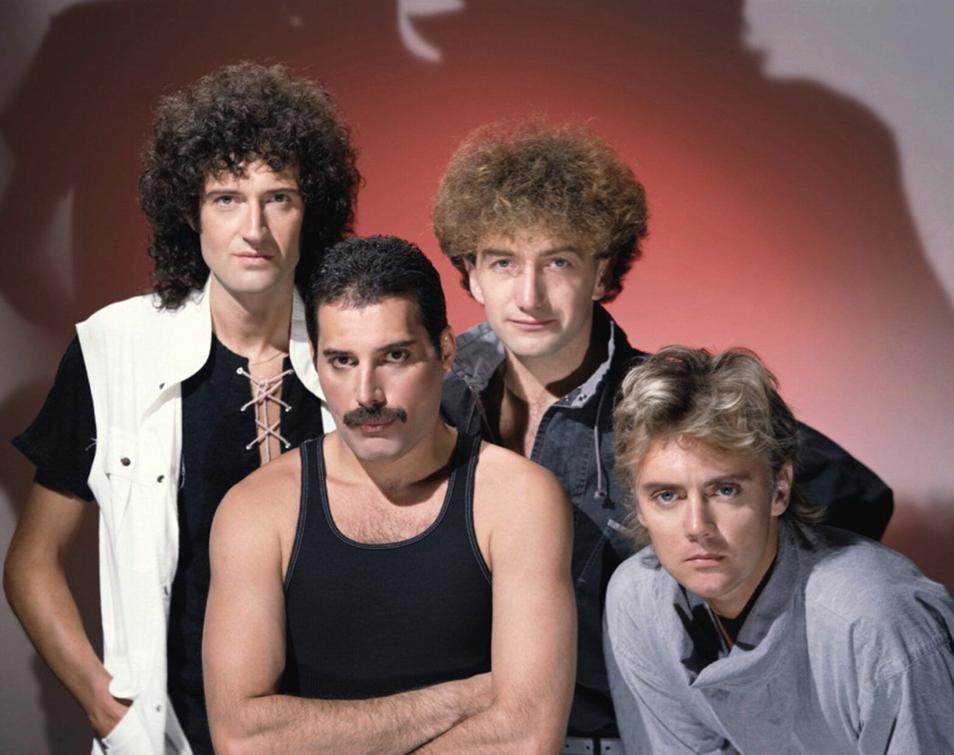
More debated is Elizabeth’s relationship with Robert Dudley, a close confidant and rumored lover. Their connection sparked court gossip, yet concrete proof of a physical relationship is lacking. Though their bond was intense, it did not disrupt her public image as the Virgin Queen.
The public largely accepted Elizabeth’s virginity, consistent with expectations for unmarried noblewomen to maintain virtue. Her bold flirtations with princes, dukes, and earls ignited whisper campaigns, but she openly enjoyed being the focus of attention. This calculated display reinforced her mystique and authority.
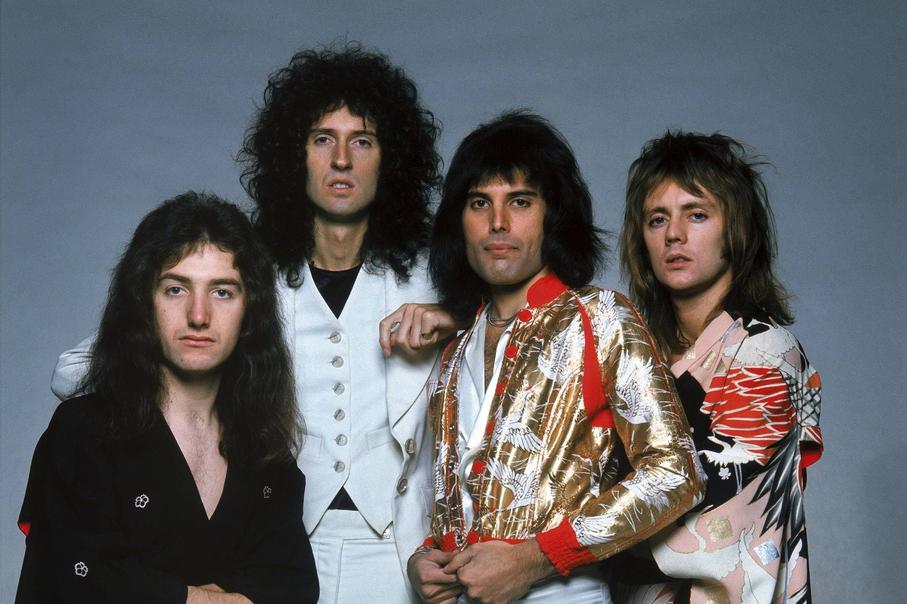
Elizabeth’s virgin image blended political necessity with personal branding. It helped sustain her reign for 45 years, allowing her to control her narrative and England’s future without the demands of a traditional queen consort role.
- Elizabeth’s “Virgin Queen” identity was a deliberate political strategy.
- Rumors about her early life and relationships lack firm evidence.
- Her association with Robert Dudley fueled court gossip but no confirmed physical relationship.
- The public accepted her virginity as part of noble expectations and royal symbolism.
- This image secured political independence and personal authority throughout her reign.
Was Queen Elizabeth Actually a Virgin? Unraveling the Truth Behind the “Virgin Queen”
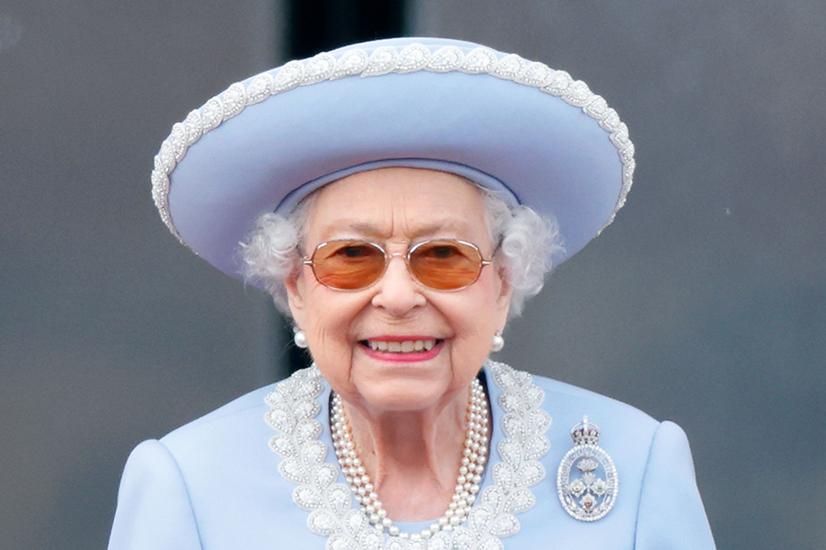
So, was Queen Elizabeth I really a virgin, or was the Virgin Queen image just clever political theater? This question has puzzled historians and enthusiasts for centuries. Elizabeth I famously claimed to be married to England alone. But was this vow of virginity a genuine pledge or a shrewd strategy? Let’s dig into the facts, rumors, and historical context to reveal a nuanced answer.
Elizabeth I’s iconic label as the “Virgin Queen” wasn’t just a personal statement; it was a calculated political move. In a male-dominated 16th-century world, a queen’s marital status could endanger her sovereignty. Marriage often meant yielding power, either to a foreign prince or an English nobleman. Elizabeth cleverly avoided that trap by promising her undivided loyalty to England instead of any man.
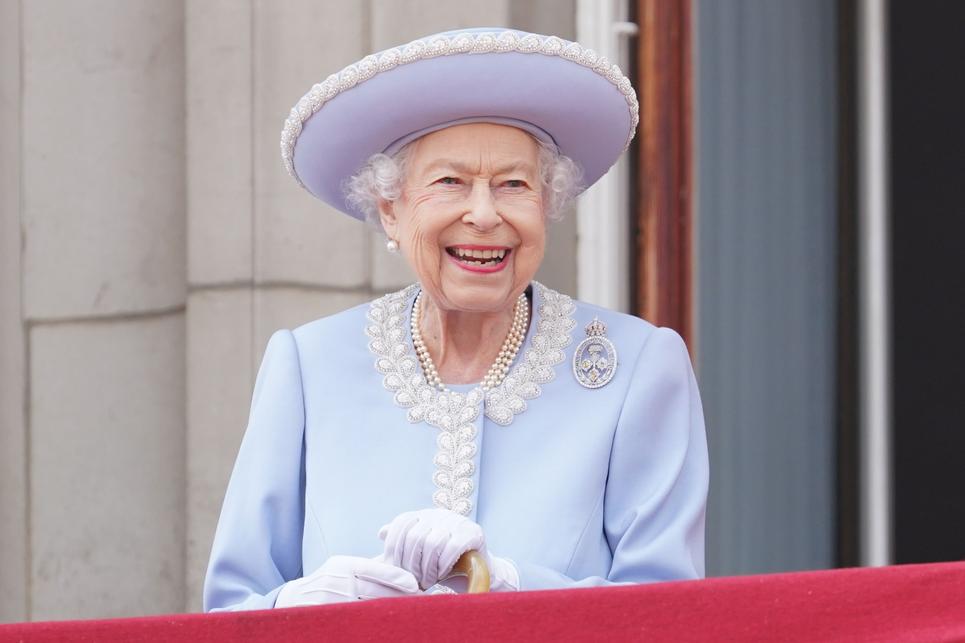
Political Strategy: Marrying England, Not a Person
Elizabeth’s decision not to marry was radical. Around her, royal women almost always married to solidify alliances or produce heirs. Elizabeth’s refusal sparked debates and anxiety. Why not settle down? The answer lies in her understanding of power.
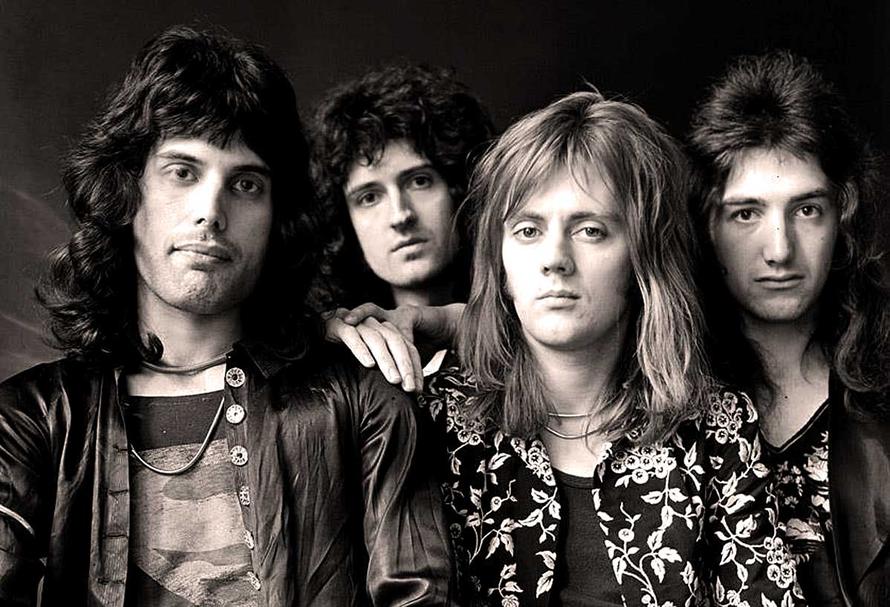
Elizabeth viewed marriage as a potential threat to English independence. By remaining single, she kept complete control. This was crucial after decades of turbulent successions and international intrigue. She famously declared her heart belonged only to England. Her virginal image symbolized this political independence. It was a bold and risky play that paid off—she reigned for 45 years, maintaining power without a king at her side.
Rumors, Relationships, and Historical Debate
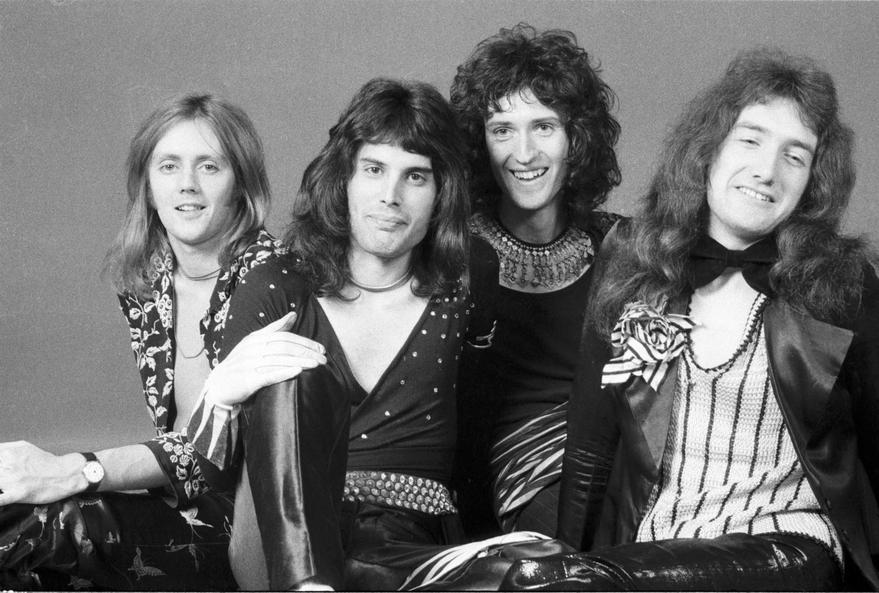
No discussion of Elizabeth’s virginity is complete without mentioning court gossip and rumors. Let’s start with some of her close associations.
- Catherine Parr and Thomas Seymour: After Henry VIII’s death, Elizabeth lived with her stepmother Catherine Parr and Parr’s new husband, Thomas Seymour. Rumors swirled about Elizabeth having a secret liaison with Seymour. Historians debate these claims. However, evidence remains inconclusive at best. Most agree the rumors were likely court gossip fueled by political enemies or scandal-hungry observers.
- Robert Dudley: This is where things get more interesting. Dudley, the Earl of Leicester, was Elizabeth’s closest companion and rumored lover. Their relationship sparked endless speculation due to its intimacy and longevity. While no solid proof confirms a physical affair, many historians believe Elizabeth and Dudley may have had a romantic relationship, though Elizabeth never confirmed it. The “virgin” title was more about political image than biological fact here.
Elizabeth’s court was a hotbed of gossip. As a woman who openly flirted with princes, dukes, and earls, she knew how to keep attention focused on herself while maintaining control. The “virgin” story added to her mystique. Yet, it fueled whispers behind the scenes—did she keep the vow? Or did she practice a bit of selective virtue?
Why Didn’t Elizabeth Marry? The Fear of Losing Power
Two main reasons explain Elizabeth’s reluctance to wed:
- Personal History and Fear of Dependency: Elizabeth’s mother, Anne Boleyn, suffered a tragic fate—execution under King Henry VIII. Elizabeth saw this as a grim warning about what could happen to a woman who lost her independence in a marriage. The image of Anne’s end haunted Elizabeth, cementing her resolve to stay single.
- Protecting England’s Sovereignty: Elizabeth understood that marriage meant sharing—and likely losing—her power to a husband. She judged that England’s welfare required a strong, independent monarch. By avoiding marriage, she ensured that no foreign king or English noble could claim excessive influence, preserving national integrity.
Public Perception: Accepted, But Whispered About
The public mostly accepted Elizabeth’s virginity. At the time, unmarried women of status were expected to maintain their virtue. But Elizabeth’s open flirtations and charm made court gossip inevitable. She enjoyed being the center of attention, a queen who played by her own rules.
This image worked well for her. It kept potential suitors on edge, prevented political alliances that might diminish her authority, and bolstered her image as a strong, untouchable monarch.
So, What’s the Real Answer?
The Virgin Queen persona was primarily a political strategy rather than an absolute biological truth. While historians can’t confirm every rumor or allegation, it’s safe to say that Elizabeth’s vow of virginity was both symbolic and strategic.
She wielded that symbol like a weapon—marrying England and cementing her reign without traditional marital ties. Whether or not she had a physical relationship with Robert Dudley or anyone else doesn’t overshadow her remarkable political acumen and personal strength.
Lessons from the Virgin Queen
Elizabeth’s story teaches us about the power of identity and how political narratives can shape history. By branding herself as the Virgin Queen, she carved a unique space in a patriarchal world. She controlled her image and kept political adversaries guessing.
Modern leaders—or anyone trying to balance personal and professional life—might take a leaf from her book. Sometimes, the story you tell about yourself is as important as the facts.
Final Thoughts
When we ask, “Was Queen Elizabeth actually a virgin?” the simplest answer is yes and no. The complete virginity of Queen Elizabeth I remains historically debated. Yet, her unwavering commitment to appearing as the Virgin Queen was undeniably real and undeniably powerful.
Did it matter if she was literally a virgin? Probably not. What mattered was the symbol she carried and the sovereignty it defended.
What do you think? Would modern politicians dare wield such a personal narrative as a tool? Or is Elizabeth’s tale a unique example of monarchial genius we won’t see again?
